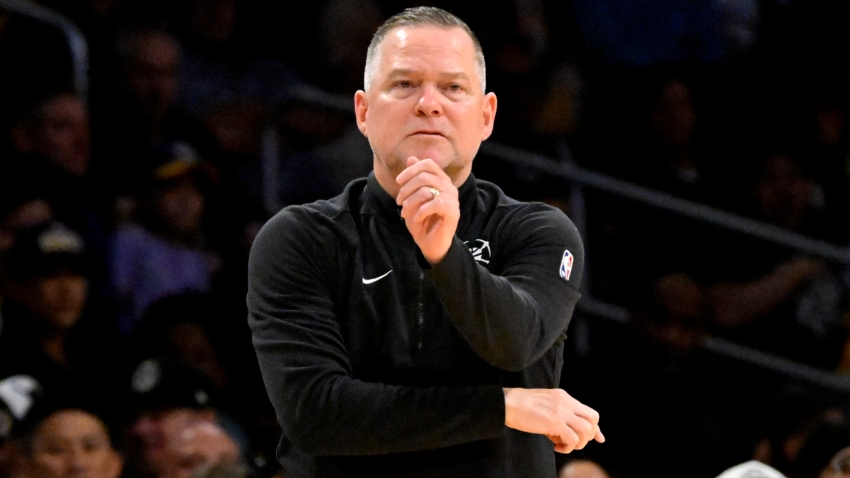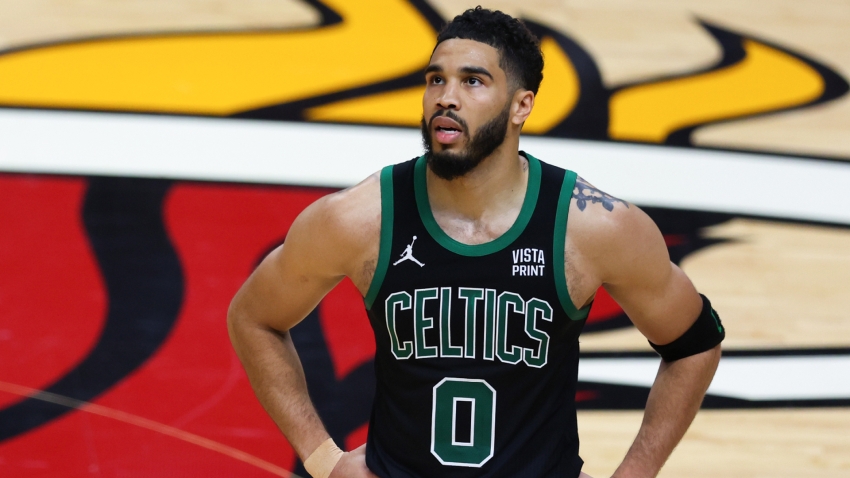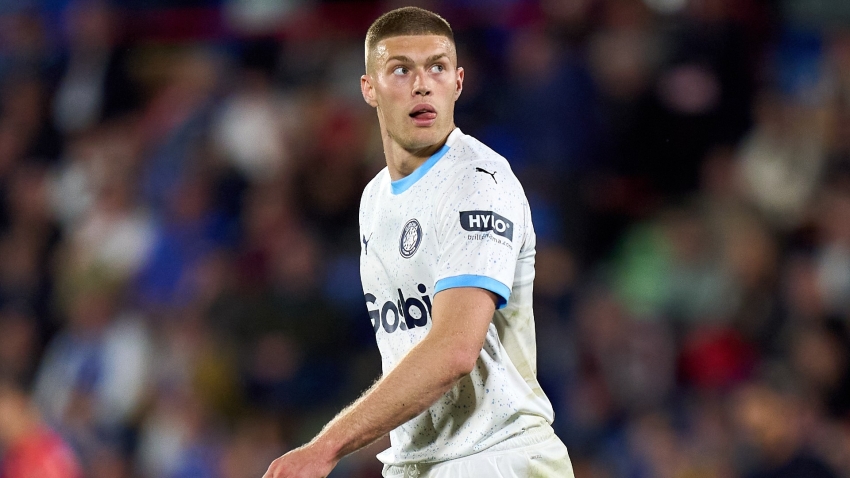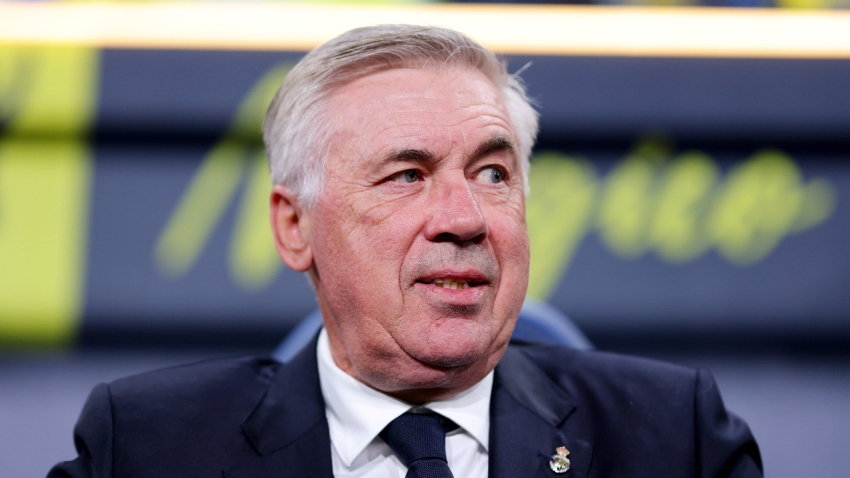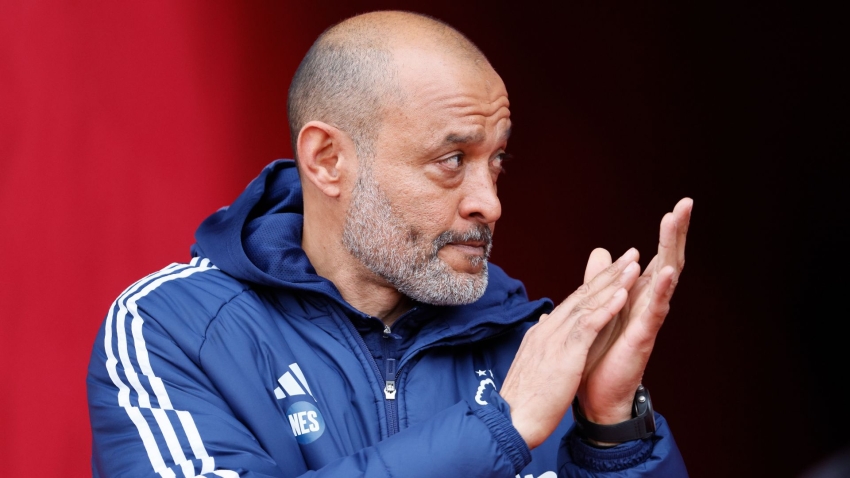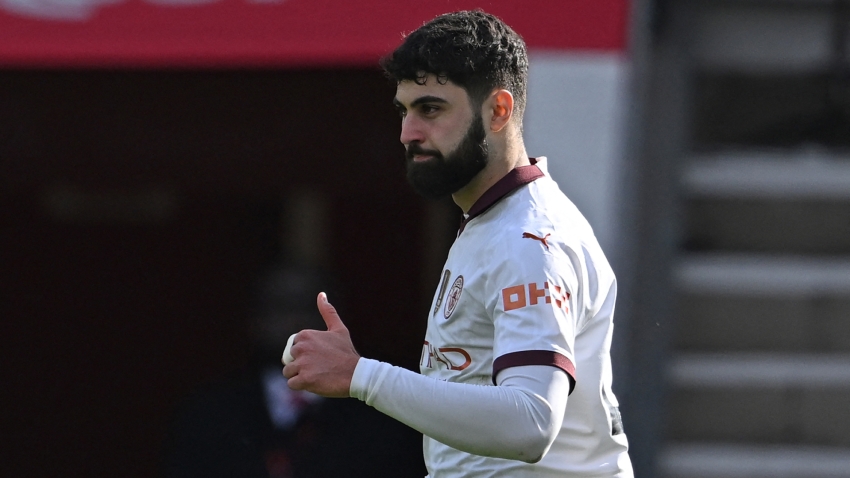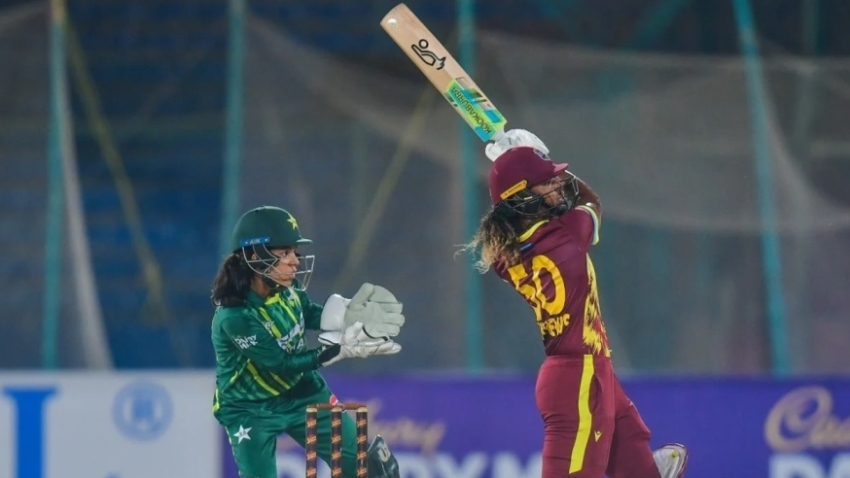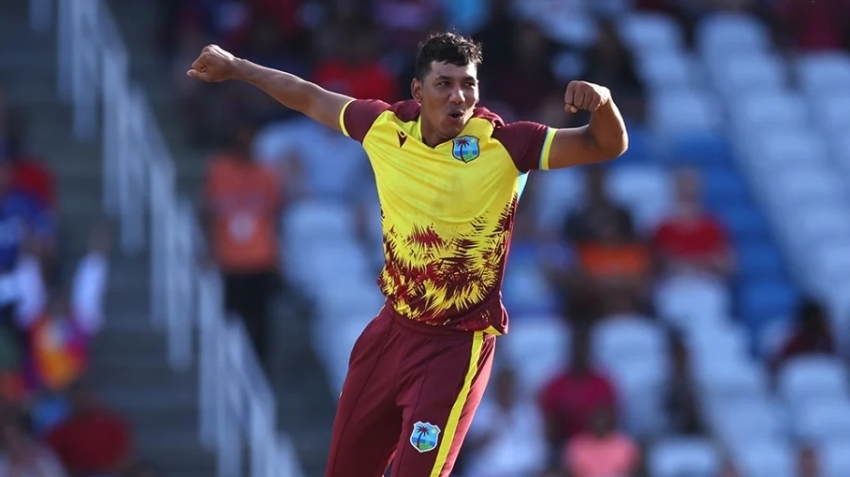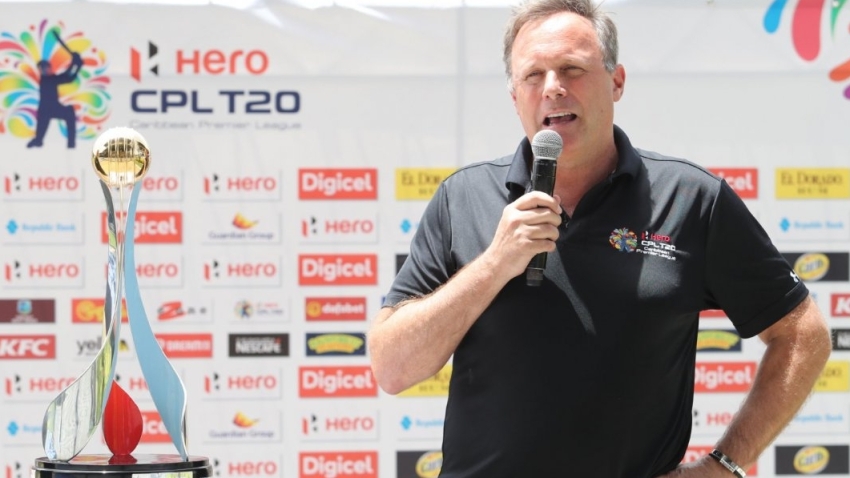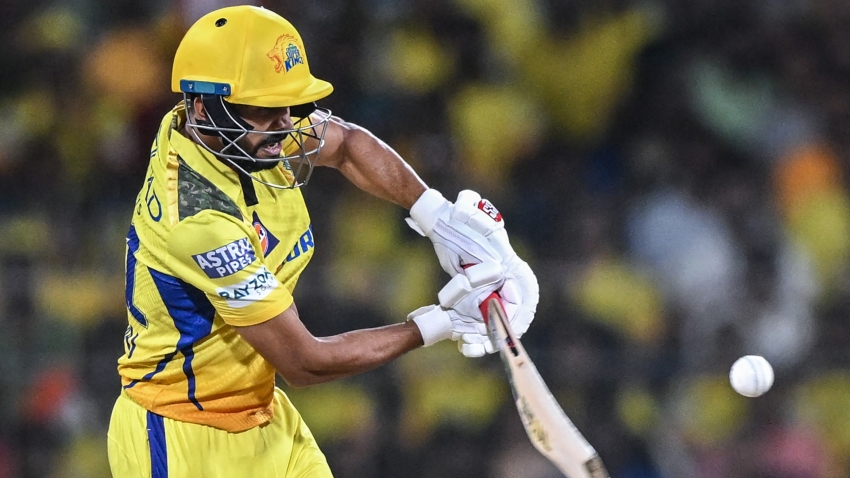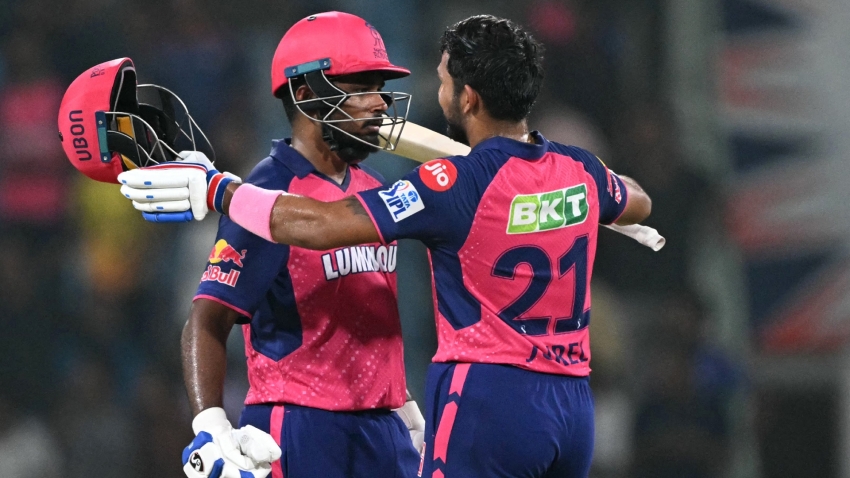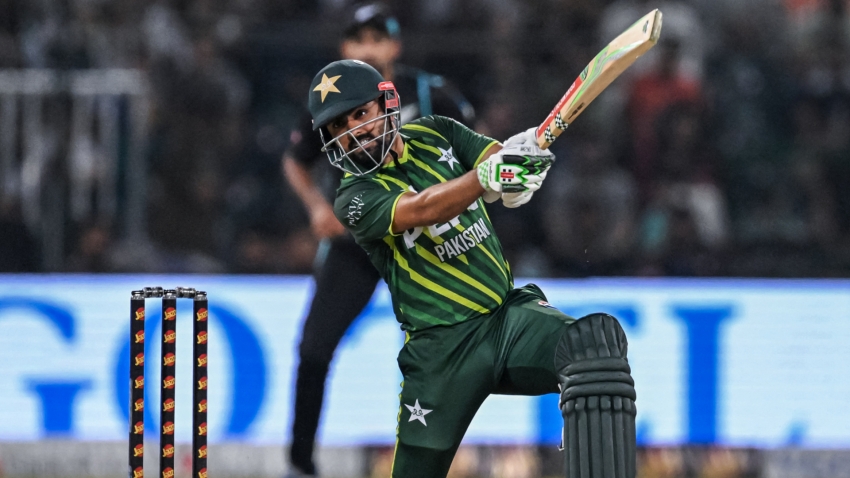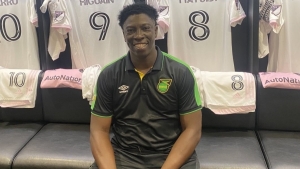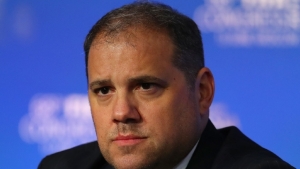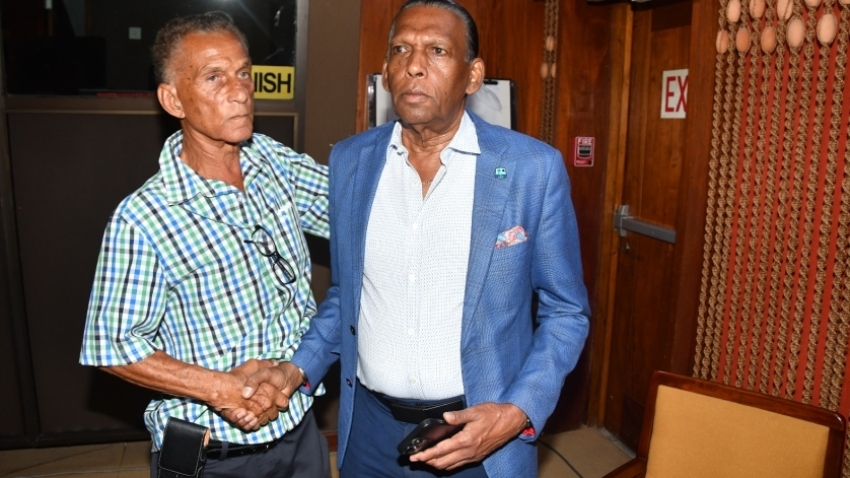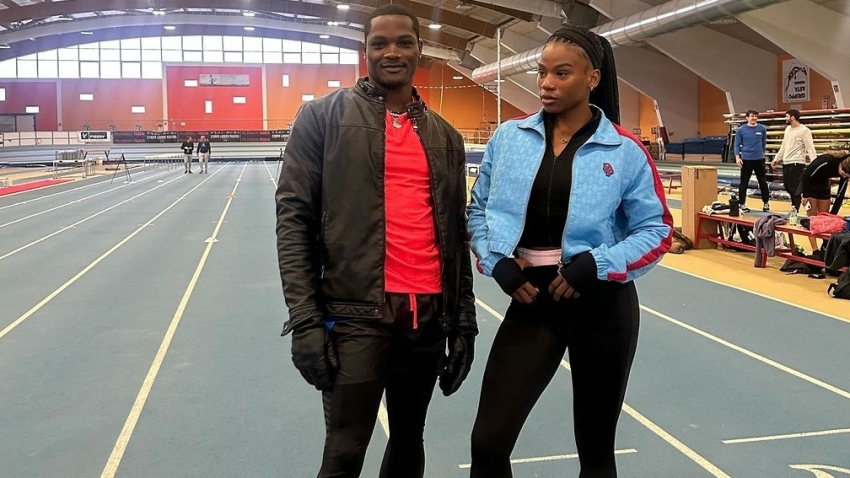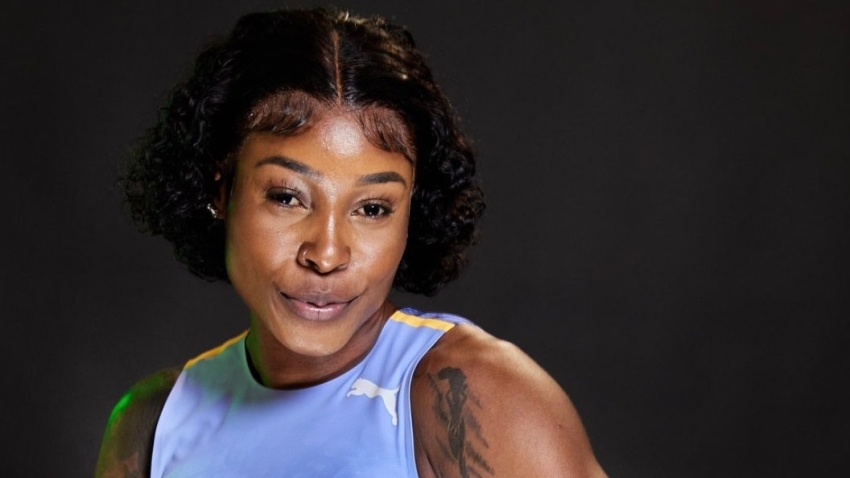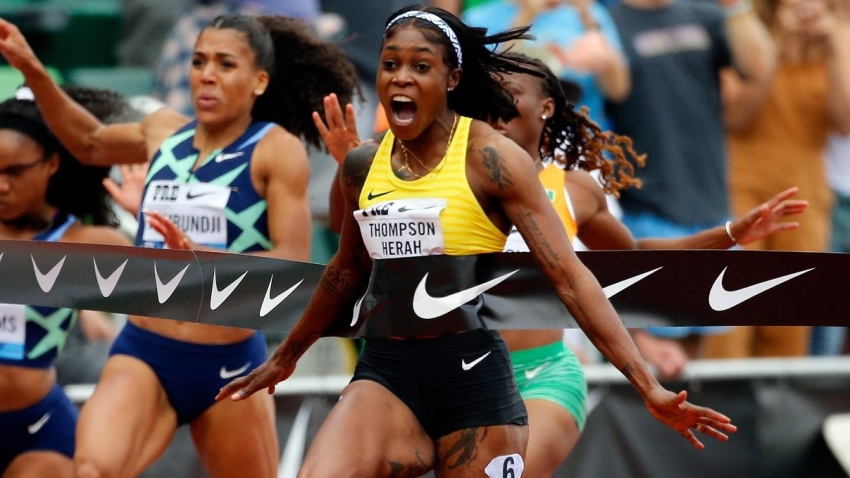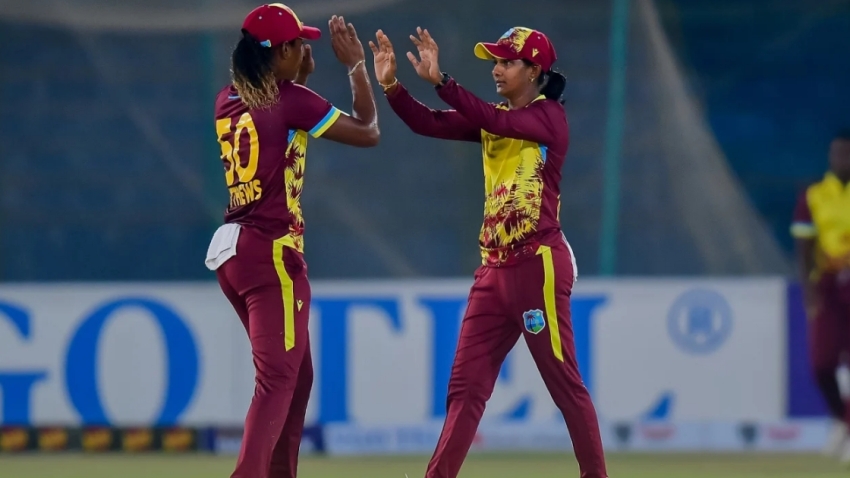CONCACAF president Victor Montagliani believes next year's Copa America will serve as perfect preparation for the 2026 World Cup.
Joining the 10 South American teams in the 2024 Copa America, which will be held in the United States, will be six teams from CONCACAF.
The USA, Mexico, Jamaica and Panama are already assured of their places in the tournament, with Costa Rica or Honduras and Canada or Trinidad and Tobago to take the remaining two spots.
With the expanded, 48-team World Cup in 2026 also taking place in North America, CONCACAF president Montagliani hopes the Copa America presents the perfect opportunity for the federation's teams to prepare.
"It's evidence of when leadership and two very important confederations come together and put football first. The game is going to win here because you're going to have a great tournament next year," Montagliani told Concacaf.com.
"I think we realised early on that we needed to make sure that we made our own competitions better, like our Nations League, our Gold Cup.
"This was an opportunity, after speaking with my counterpart, Alejandro Dominguez, to come together and partner with them, not just on the men's side like we have now with Copa America, but also on the women's side with a Women's Gold Cup.
"This fits in well with our strategy to increase not only the quantity of competitions, but also the quality of competitions, and this will help our teams prepare for the World Cup in our backyard.
"FIFA is also going to have the Club World Cup here in 2025 and I think from a fan's perspective, I'm not sure we've ever had this, so it's a great time to be involved in the game, at whatever level you are.
"I think it's a bit of a coming out party for our region. Obviously, we've struggled in the past at many levels, but I think, as I said a long time ago, for the work we've done in the last six years, we deserve the right to think long-term.
"We also now deserve the right to enjoy the present and all the football that is coming our way."
Reigning Copa and world champions Argentina were placed in Group A in Thursday's draw, alongside Peru, Chile and Canada or Trinidad and Tobago. The USA will face Uruguay, Panama and Bolivia in Group C, while Brazil will go up against Colombia, Paraguay and Costa Rica or Honduras in Group D.
Two CONCACAF teams should also fancy their chances of progressing from Group B, with Mexico and Jamaica – who count the likes of Leon Bailey, Michail Antonio and Demarai Gray in their squad – going up against Venezuela and Ecuador.
The draw opened up as such that another Argentina-Brazil final could be on the cards.




